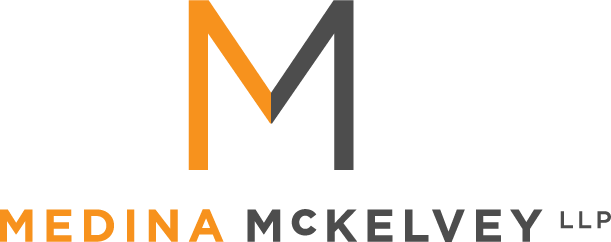BREAKING: California Supreme Court Decides the Future of PAGA and Arbitration in Adolph v. Uber Technologies
How does this California Supreme Court decision impact your business related to arbitration agreements and protecting your company from class action lawsuits and employment litigation?
Yesterday, the California Supreme Court issued its much-anticipated decision in Adolph v. Uber Technologies, Inc., a case that will affect the landscape of arbitration for years to come. In this update, we briefly summarize the decision and what it means for you as an employer, and we invite you to our upcoming webinars on Tuesday, August 1 at 11:00 a.m. PDT and Tuesday, August 8 at 1:00 p.m. PDT to learn more about the decision and how to protect your business from wage and hour lawsuits in California.
You may recall that last summer, the United States Supreme Court decided the Viking River Cruises, Inc. v. Moriana case, holding that employers can compel individual claims brought under California’s Private Attorneys General Act (PAGA) to arbitration, thereby taking them out of court. What seemed like good news at the time was quickly tempered by the California Supreme Court taking up the Adolph case to fill a hole left in the Viking River decision about whether representative PAGA actions (involving multiple employees) would be extinguished by compelling the individual PAGA claims to arbitration.
There was a lot riding on the Adolph decision for California employers. If decided one way (in favor of employers), a valid arbitration agreement could eliminate PAGA representative actions involving many employees that plague California businesses. If decided the other way (in favor of employees), PAGA representative actions would live on in court, even if an individual’s employment claims were subject to arbitration.
Unfortunately, as so many other recent California Supreme Court decisions have done before this one, the Adolph decision favors the interest of employees over employers. Adolph confirmed that a PAGA representative action can survive arbitration and continue on in court, even when all the other individual employment claims are relegated to arbitration.
What Does This Mean for Employers?
Although this decision delivers yet another blow to California employers and largely takes the wind out of the sails of the Viking River decision, there are three things employers should keep in mind:
Arbitration agreements can still prevent class actions. Arbitration agreements with class action waivers—which the U.S. Supreme Court blessed several years ago—remain the most powerful tool available to employers to reduce the risk of a costly class action.
Arbitration agreements do not prevent representative PAGA actions. Unfortunately, arbitration agreements only prevent class action suits but do not prevent representative PAGA suits. This means PAGA remains a serious threat to employers, and thus strong wage and hour compliance continues to be vital to prevent and avoid lawsuits.
Wage and hour prevention and compliance tools, including having a valid arbitration agreement, are more important than ever. Implementing arbitration agreements with class action waivers and individual PAGA waivers is your first line of defense. These arbitration agreements should contain language requiring that employees arbitrate the individual component of any claim brought under PAGA.
To hear more about this complex decision and how to protect your business moving forward, please join us for informational webinars on Tuesday, August 1 at 11:00 a.m. PDT or Tuesday, August 8 at 1:00 p.m. PDT. Our panel of experts will discuss:
Key takeaways for employers related to this decision
How arbitration can help protect employers from runaway lawsuits
Best practices for rolling out new arbitration agreements (if you don’t have them)
How to revise existing arbitration agreements (if you currently have them)
Virtual tools and solutions for arbitration agreements
How to tackle wage and hour compliance and protect your business from PAGA suits
Answers to frequently asked questions and questions from webinar participants
Don’t miss this important opportunity. Register by clicking below. We hope to see you there!
Medina McKelvey LLP is a full-service California employment law firm on a mission to provide industry-leading legal solutions while uplifting our communities. Launched in April 2014, and headquartered in Roseville, California, with five additional offices throughout the state, Medina McKelvey’s lawyers have collectively served over 1,000 clients.
Providing award-winning legal solutions is what we do; leading by helping and serving others is who we are.


